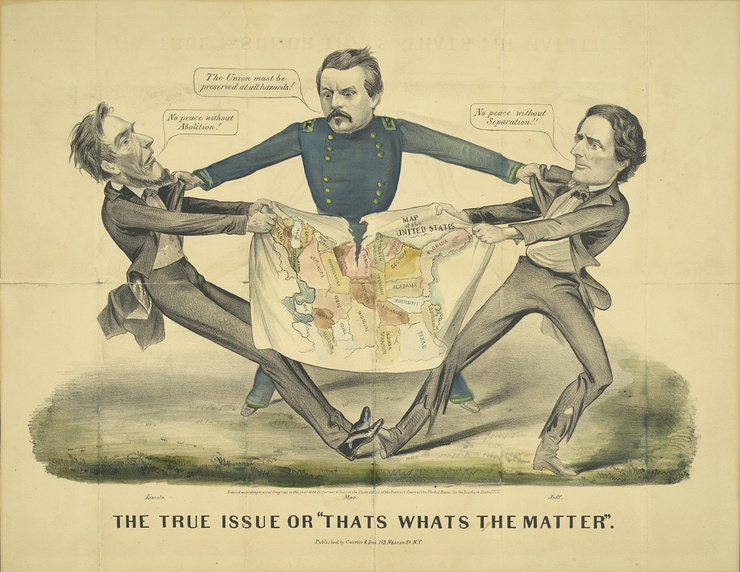
Enough with the 'hard-working Germans paying for lazy Greeks'
Published on
In a spirit against nationalist agitation and economic ignorance, the presidents of the European movements in Berlin and Athens signed a common German-Greek manifesto for Europe on 5 May 2010. Here's what they have to say on a day that the 750 billion euro rescue package is agreed
The months-long speculation against the euro is an immense fiscal and monetary challenge. But this speculation is also a very real threat to the European integration process, coming into force as part of the enormously progressive Lisbon treaty. Several recent moments in the debate - the Greek financial crisis, the EU's supporting action in cooperation with the IMF (international monetary fund) - showed worrying levels of nationalist prejudice. They showed an incredible economic ignorance regarding the economic interdependence of Europe. Unfortunately, solemn commitments by politicians in both our countries to the success of European integration remain perfunctory.
No more 'cheap nationalist shots'
We resolutely warn against continuing to misuse the political mistakes of the past and the current situation for polemic attacks under the trite slogan of 'hard-working Germans paying for lazy Greeks'. Parts of the German media currently misrepresent the informational and educational mandate that they have in our democracy and our constitution in favour of spreading nationalist prejudice and economic misinformation. This kind of shallow agitation has already left its mark on the opinion polls.
Young Germans and Greeks respond to the mediatised version of the financial crisis on cafebabel.com
Even in politics some back-benchers attempt to make headlines by using shallow soundbites such as demanding the sale of ancient Greek buildings or islands.Small wonder that cheap nationalist shots lead to equally emotional and inane counter-reactions in Greek politics and media. This seed of a newly developing anti-European nationalism strains German-Greek relations and could very quickly spread to other countries following the financial crisis, thereby destroying the EU's ideological foundations.
 We thus call on four main actors: the media, EU member state governments, all national and Euro MPs dealing with the stabilising actions and all political actors in Europe - regardless of legitimate views on the introduction of the euro - to take real action. No further delay: long decision-making processes, hold-ups and hesitation are a fertile breeding ground for financial speculation and maximise economic and financial damages. Time to fully implement the necessary reforms to the international financial markets in a follow-up to the short-term stabilising measures for the euro. These steps aren't new; they were announced in countless EU and G20 summits since the beginning of the crisis in September 2008.
We thus call on four main actors: the media, EU member state governments, all national and Euro MPs dealing with the stabilising actions and all political actors in Europe - regardless of legitimate views on the introduction of the euro - to take real action. No further delay: long decision-making processes, hold-ups and hesitation are a fertile breeding ground for financial speculation and maximise economic and financial damages. Time to fully implement the necessary reforms to the international financial markets in a follow-up to the short-term stabilising measures for the euro. These steps aren't new; they were announced in countless EU and G20 summits since the beginning of the crisis in September 2008.
Financial reform was announced in countless EU and G20 summits since the beginning of the crisis in September 2008
The euro is the core of the economic strength of the European internal market with over 500 billion people. But if the current unlimited speculation by hedge-funds, investment banks and private rating-agencies is not brought under control by strict regulation of the markets, the proposed measures for the eurozone and the EU stabilisation pact could result in more countries becoming victims of euro-speculation. The EU member states and especially the eurozone have a common political and economic destiny. The truth is: Germany, Greece and all other EU members have and have had huge and inextricably interconnected political and economic advantages due to European integration. This is why all responsible politicians in Europe ought to decisively reform the political framework of the financial markets. Don't bow to nationalist media campaigns; proactively fly the European flag of enlightenment and economic rationality instead.
Dr. Dieter Spöri and Michalis Angelopoulos
Images via Flickr: main cartoon by ©HikingArtist.com and inside courtesy of ©Cornell University Library



